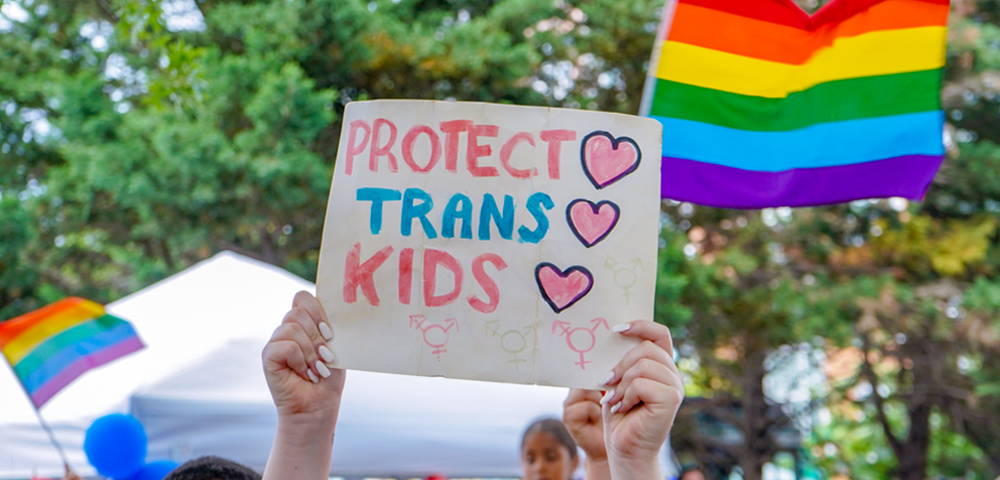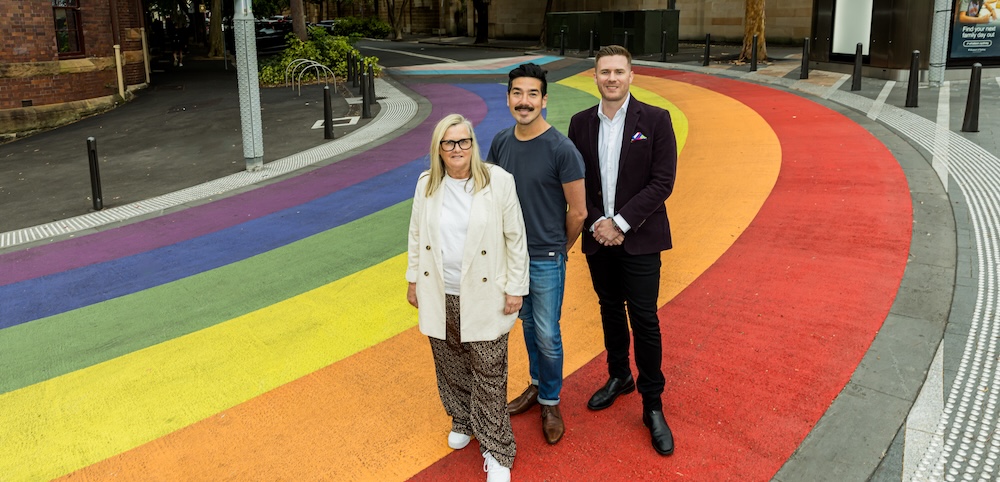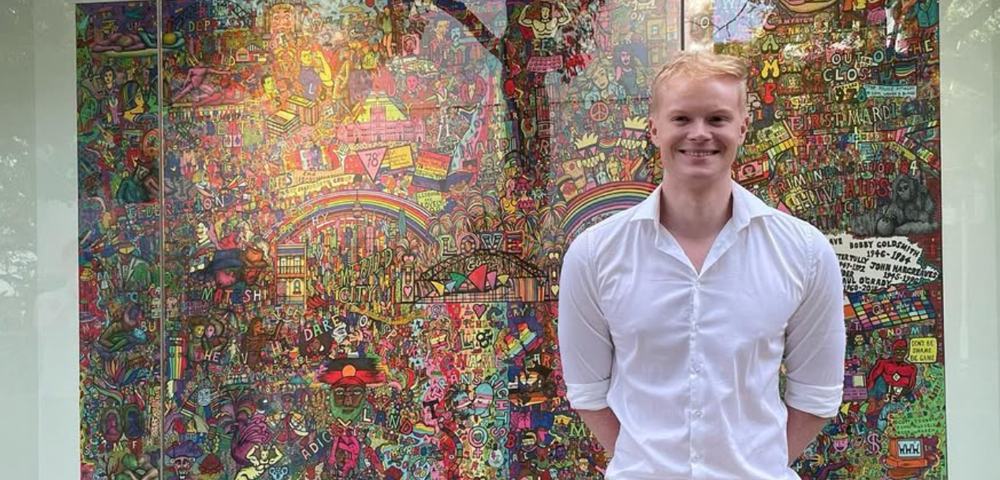
Cass Review: Why I’m Worried About Its Harmful Effects on Trans Kids

Youth gender care in the United Kingdom needed fixing. Extraordinarily long waiting times for one single underfunded clinic meant that kids were either going unsupported or needed to find the money for a private service.
However, the real need to reconstruct the service gives the conservative government an opportunity to characterise trans people as either haplessly mistaken or ominously predatory and make healthcare harder to access based on these ideas.
A core theme running throughout the Cass Review is that trans people are not as good as cis people; it’s better not to be trans if you can avoid it.
The report portrays transness as something children are vulnerable to accidentally falling into, like a puddle of testosterone. A large section of the review is devoted to speculating about the possible reasons why children might trip and find themselves knee-deep in the trans, including neurodivergence, mental illness, adverse childhood events, the discomforts of puberty, difficult relationships with family, gender stereotypes, confusion around sexuality, peer influence, and ‘the transgender narrative’ (Figure 27).
This section of the report mirrors 20th century debates about what makes people gay – the fundamental assumption being that everyone is normal (cis and straight) until some unfortunate event causes them to be abnormal (outrageous and fabulous).
While the review repeatedly makes statements to the effect that “there is no reliable way to accurately predict which young people might benefit from a medical transition and which might benefit from alternative pathway(s) or interventions(s)” (10.2), it also advises “for the majority of young people, a medical pathway may not be the best way to achieve [thriving and achievement of life goals]” (10.83).
Its central presumption is that not all children who claim they are trans are actually trans. Much more emphasis is given to the hypothetical narrative of a child mistakenly thinking they’re trans and engaging in medical treatment that they later regret, over than a child correctly identifying they are trans but missing out on medical treatment for years.
Importantly, the report notes that an increasing number of children are LGBTIAQ+, neurodivergent, and live with mental illness, but does not propose closing down all mental health clinics and ceasing all antidepressant prescriptions while we spend a few years figuring out why all the kids are sad and gay. It’s only in the context of transness that they urge “an extremely cautious clinical approach” (16.39).
In interviews, Dr Cass questions the idea that puberty blockers buy children time to explore their gender, as most people who take puberty blockers go on to use HRT. Would she be as sceptical of puberty blockers if most people who took them decided not to go on to HRT?
Most of the review’s recommendations are innocuous – helpful, even. However, the review’s implicit bias and the conservative politicians in control of its application do not inspire confidence that the welfare of trans people will be prioritised.
It’s no coincidence that the UK is losing its mind over a small minority group at the same time its standard of living and global relevance is in decline. Whether cynically or misguidedly, trans people are a desperate distraction from Britain’s real problems. If it wasn’t us, it would be some other scapegoat.
But their scapegoat is, unfortunately, trans people – and the same people who are going after us will continue going after other forms of queerness, along with other people they consider improper. I don’t know any British children and have no opinion about their gender or variations thereon, but I am worried about the state of the culture that produced this report, and the people that have to live in the wake of its implementation.










I’m absolutely disgusted by the misogynist filth directed at the author of the report. Whether or not you dispute its findings, it is outrageous that Dr Cass has to put up the sexist rubbish hurled at her on social media and elsewhere
Hi thrawn,
Your comment proves the original point. Transgender people are not a broken bone, but whole entire beings with their own experience. But if simple metaphors help wrap your brain around it, people don’t usually choose to have their bones broken, and getting medical help for it is better than letting it flop around and swell under the muscle and the skin and hoping for the best.
Best regards,
M
“A core theme running throughout the Cass Review is that trans people are not as good as cis people; it’s better not to be trans if you can avoid it.”
Those are two different statements.
I would rather not break my leg. It’s painful, debilitating, requiring time-consuming and possibly expensive treatment. I would certainly advise that people take precautions to avoid breaking bones if they can. But that is not the same as saying that someone with a broken leg is “not as good” as someone without.